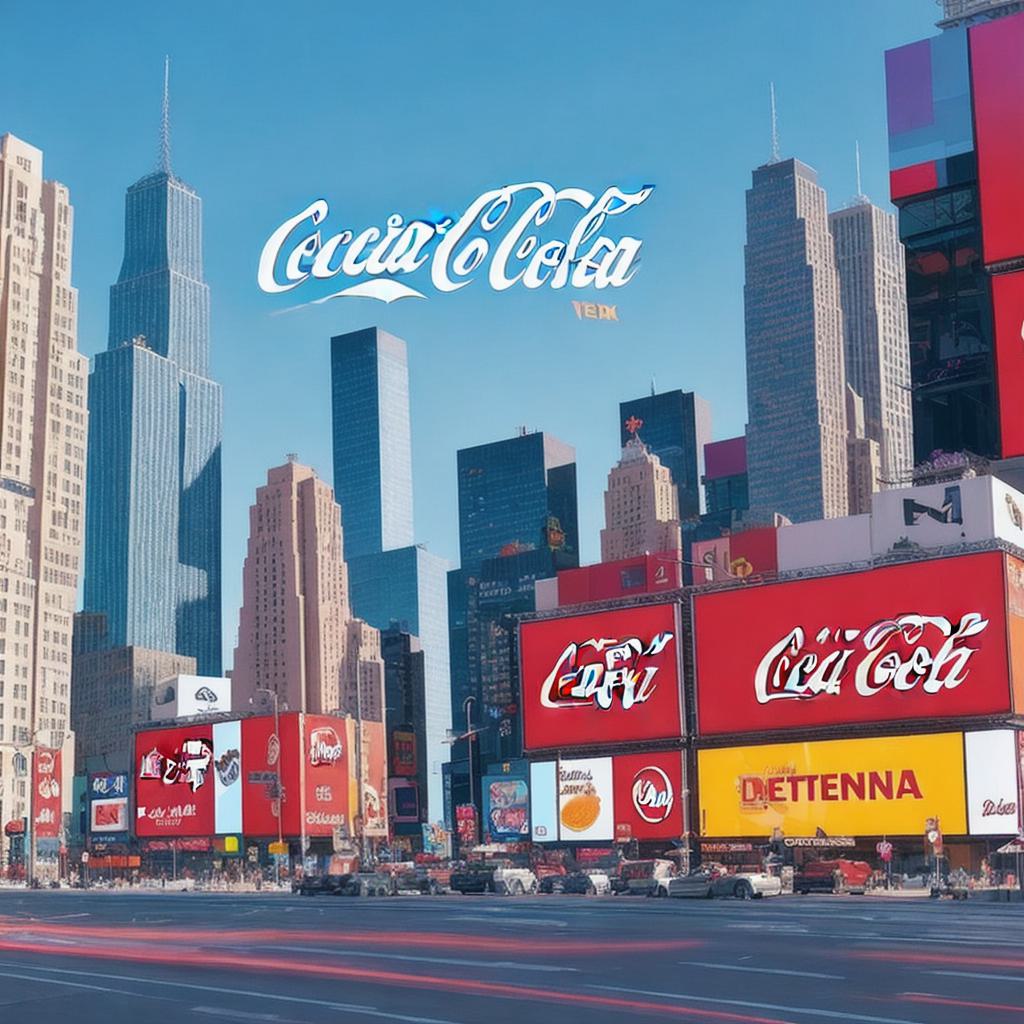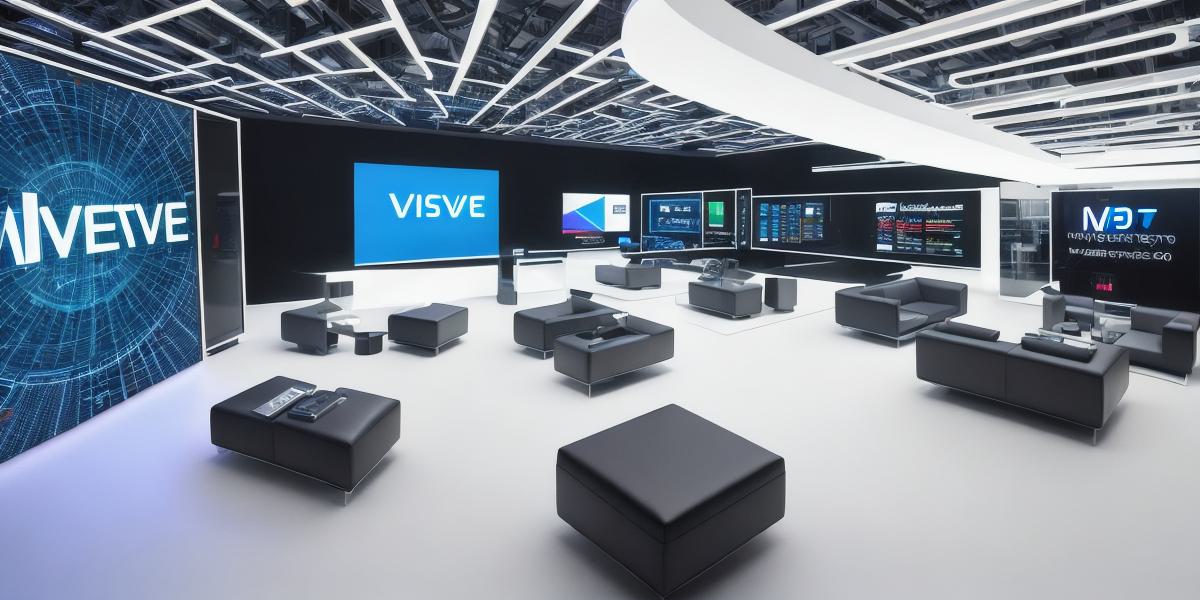Subtitle: Exploring How Companies are Utilizing Virtual Worlds for Innovation and Growth
In today’s digital age, brands are constantly seeking new ways to engage with their audiences and expand their businesses. One emerging trend that has captured the imagination of many is the metaverse – a collective virtual shared space created by the convergence of virtually enhanced physical reality and physically persistent virtual reality. Several brands have already started utilizing the metaverse in their business operations, offering unique experiences to consumers and driving innovation.
- Nike: The Sportswear Giant in Virtual Worlds
Nike, a global leader in athletic footwear and apparel, has entered the metaverse with its virtual storefront on Roblox – a popular gaming platform for kids and teenagers. Here, users can purchase exclusive digital merchandise, including Nike sneakers and clothing, to wear within the game. This move allows Nike to tap into the vast audience of young people who spend a significant amount of time in virtual environments.
- Balenciaga: Pioneering Virtual Fashion
Luxury fashion brand Balenciaga has been at the forefront of the metaverse trend, collaborating with Epic Games, the creator of Fortnite, to host a virtual pop-up shop. Users could purchase digital versions of real-world items such as backpacks and hoodies, which they could use within the game. Balenciaga’s foray into the metaverse marks a new era in fashion, where physical items are no longer the only way to express one’s style.
- Microsoft: Embracing Virtual Collaboration Spaces

Microsoft has launched its Mesh platform, which aims to provide a virtual collaboration space where users can meet and work together in a more immersive environment. This move allows businesses to conduct meetings, brainstorm sessions, and even team-building activities within the metaverse, potentially leading to increased productivity and employee engagement.
- Decentraland:
Brands Building Virtual Experiences
Decentraland, a decentralized virtual reality platform, offers brands the opportunity to create their own virtual experiences for users. Brands can build custom worlds, host events, and even sell digital merchandise. For instance, Coca-Cola created a virtual billboard in Decentraland’s Times Square to celebrate its 130th anniversary.

- Conclusion: The Future of Business in the Metaverse
The metaverse represents a new frontier for businesses looking to engage with their audiences and drive innovation. By creating virtual storefronts, hosting events, and building collaborative spaces, brands can tap into the vast potential of virtual worlds and provide unique experiences to consumers. As the technology continues to evolve, we can expect to see more brands embracing the metaverse and exploring its endless possibilities.
By adopting this innovative approach, brands not only expand their reach but also stay ahead of the curve in the ever-evolving digital landscape. The future of business is undoubtedly in the metaverse, and those who embrace it early will reap the rewards.
